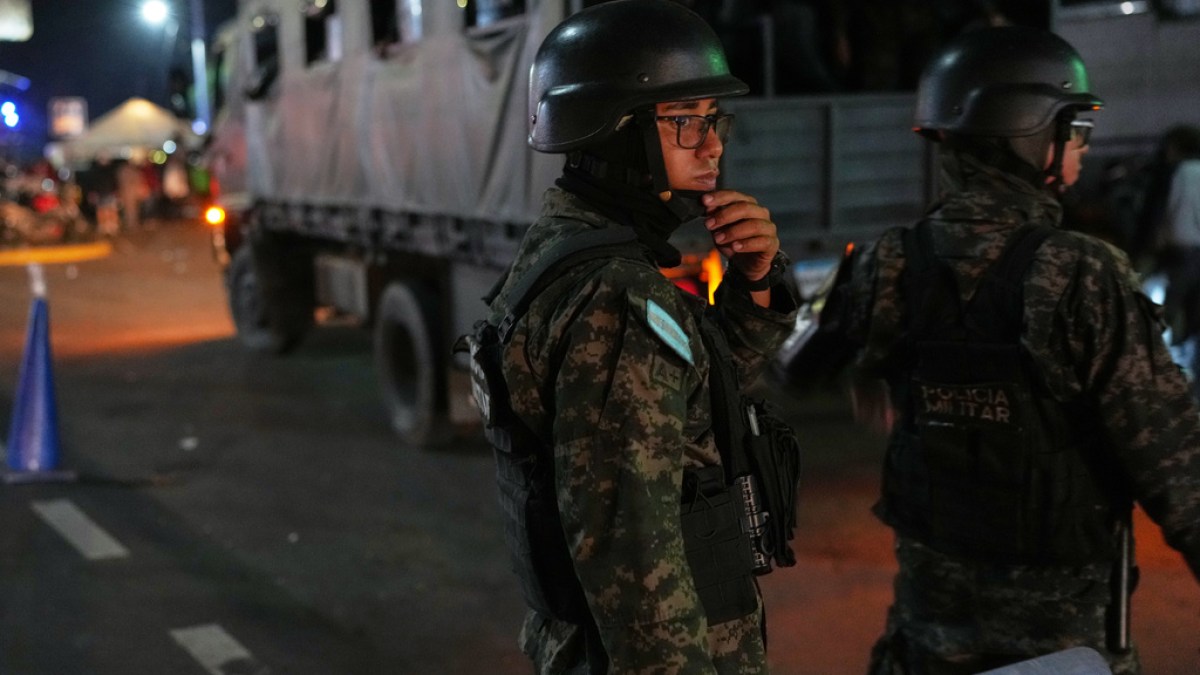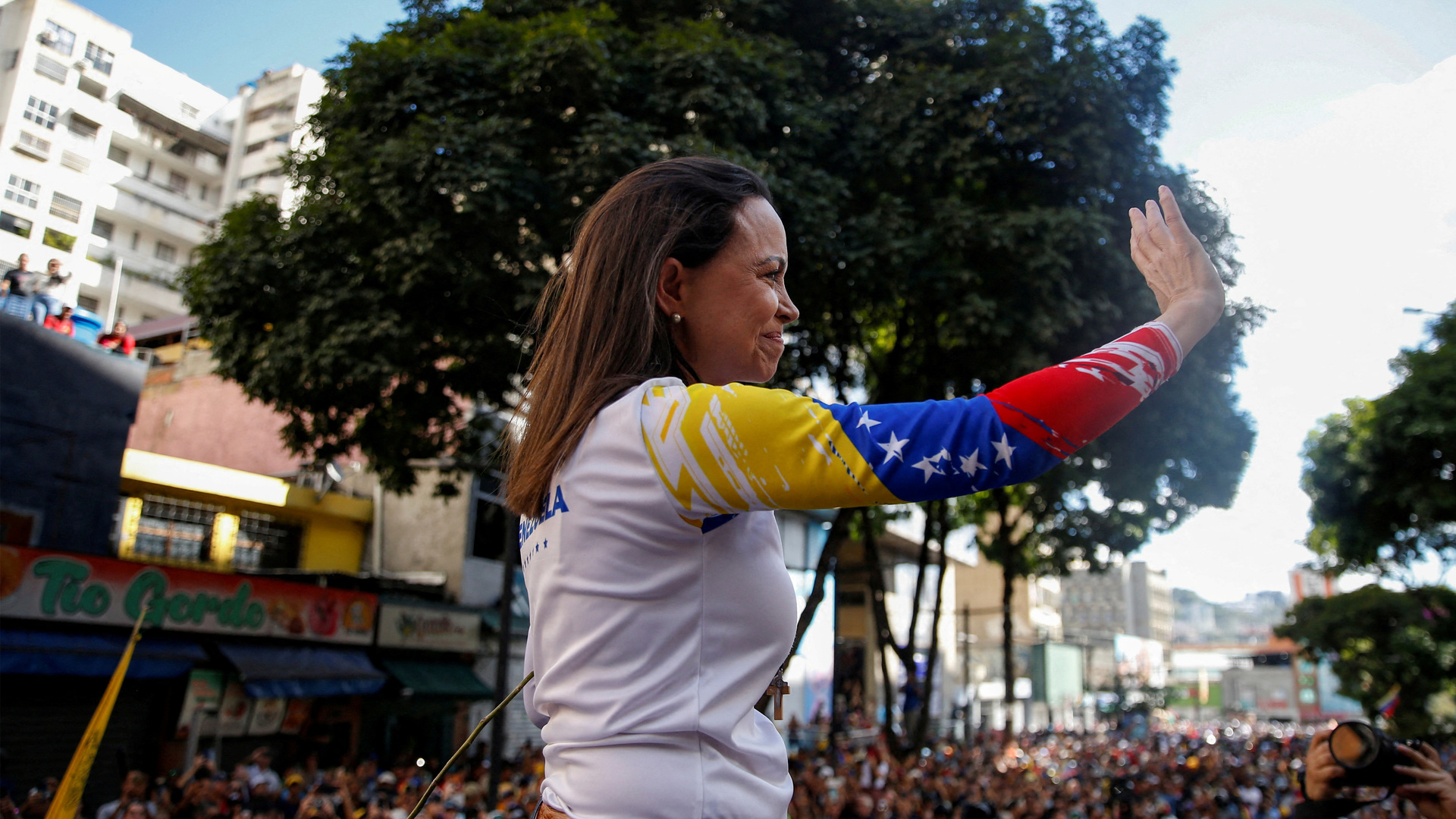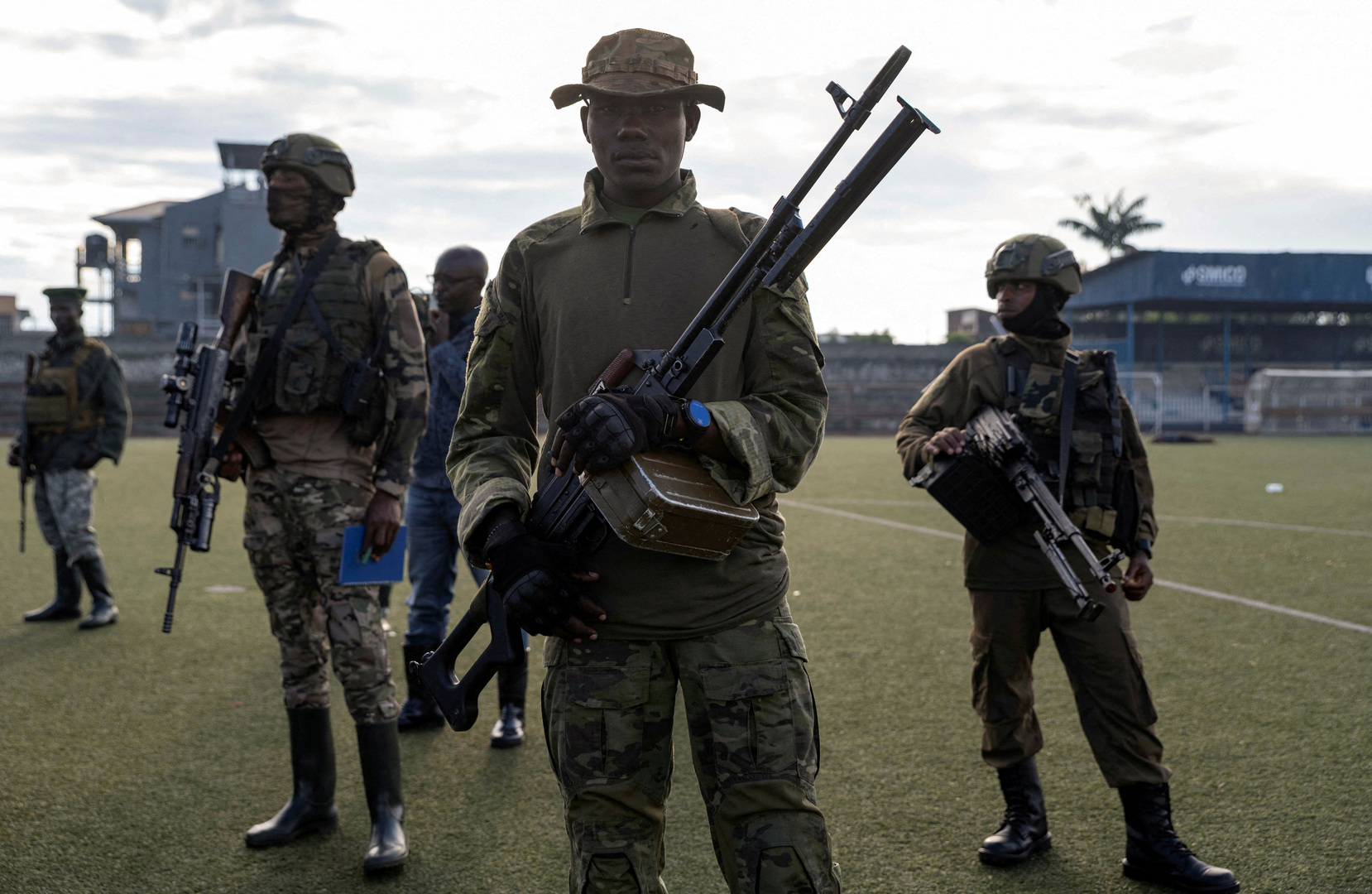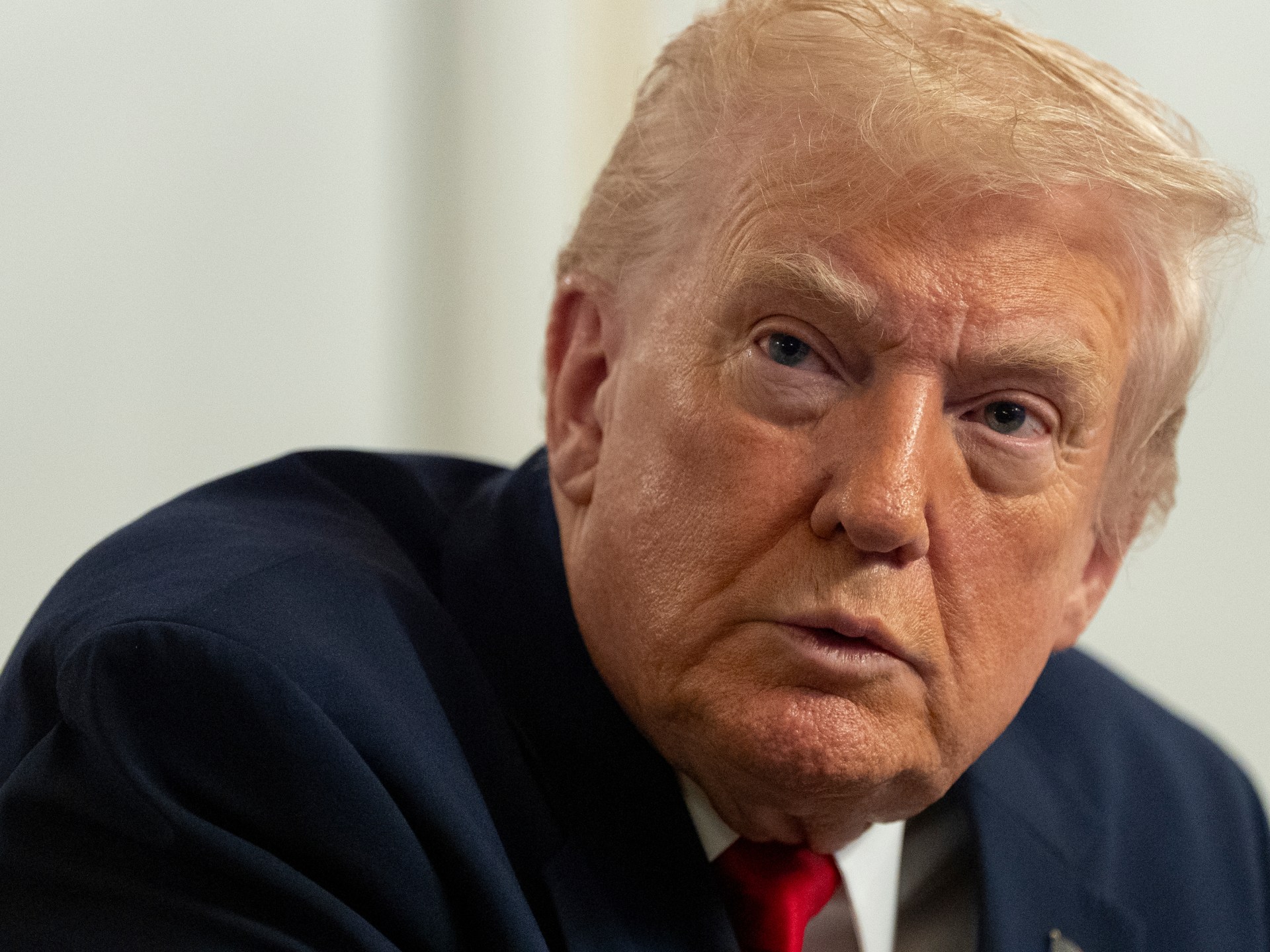Erling Haaland scored his 34th goal for club and country this season to give Manchester City a 2-1 win at Real Madrid and leave Xabi Alonso’s position as coach of the Spanish giants in grave danger.
Without injured superstar Kylian Mbappe, Madrid took the lead on Wednesday through Rodrygo, but Nico O’Reilly and a Haaland penalty secured Pep Guardiola’s City the three points.
Recommended Stories
list of 4 itemsend of list
Spanish media reported in the lead-up to the game that a defeat would seal Alonso’s fate as Madrid coach, although his team’s performance was creditable, despite the eventual outcome at a frustrated Bernabeu stadium.
The record 15-time Champions League winners have now won just two of their last eight matches across all competitions, and face a battle for a place in the top eight of the league phase table.
Alonso was forced to leave his team’s top scorer, Mbappe, on the bench, saying it would have been “a risk” to use him amid knee discomfort, and starting 21-year-old striker Gonzalo Garcia instead.
Madrid knocked out City in last season’s Champions League playoff round in February, as Mbappe scored four of their goals in the 6-3 aggregate win.
This was the 15th meeting between these sides, in what has become a modern Champions League classic, and it started at lightning speed, with Vinicius Junior heavily involved in the opening exchanges.
Madrid’s Brazilian forward was felled by Matheus Nunes with the referee pointing to the spot, but a VAR review showed the contact was outside the area.
Fede Valverde’s ferocious free kick was deflected wide by O’Reilly, before Vinicius dinked just wide of goal after Rodrygo found him with a perfect low cross, which coaxed City goalkeeper Gianluigi Donnarumma off his line.
It was deserved when the hosts took the lead in the 28th minute, with Rodrygo finishing a move started by Alvaro Carreras at the other end of the pitch.
Madrid broke forward, and Jude Bellingham fed the Brazilian, who finished early and low, across Donnarumma and into the far corner.
It was his first goal in 33 games, ending a barren and frustrating spell for Rodrygo, and also his fifth against City. In 2022, his stunning late brace helped Madrid defeat Guardiola’s side in the semifinals.
Madrid’s opening half-hour was close to perfect, but City pulled level out of the blue after a mistake from Belgian goalkeeper Thibaut Courtois.
The keeper could not hold on to Josko Gvardiol’s header, and O’Reilly gratefully tapped home the loose ball in the 35th minute.
Guardiola was not pleased with his team’s first-half display, but they went in ahead after Antonio Rudiger held Haaland in the back, and City were awarded a penalty.
The Norwegian striker, who will face Mbappe’s France at the World Cup next summer, sent Courtois the wrong way from the spot.

Courtois made amends for his earlier error with a fine double save to thwart Haaland and Rayan Cherki before the break, and Jeremy Doku after it.
England international Bellingham might have levelled for Madrid, but chipped over after Rodrygo cleverly slipped him in.
Alonso brought on Arda Guler for Garcia and shifted Bellingham into a central attacking role, of the kind he enjoyed under Carlo Ancelotti in his spectacular first season with Madrid.
The Basque coach also turned to youngster Endrick, whom he has hardly utilised at all since arriving, and the 19-year-old headed inches over the crossbar with five minutes to go.
Madrid were short of ideas in the second half and may look to another coach for new ones in the coming days
Haaland told TNT Sports that it was a tough place to come and get a result.
“We had lots of chances, but the game was chaotic, and we struggled to control it,” he said. “These are the games you want to play, and with this new format, you get to play more UCL games. I like it.”
Guardiola said his side is still in transition and is not yet equipped to win the Champions League.
“In February, we will be much better, but one wrong pass and we lose today,” he said.
“The players made an incredible effort, and the spirit is unbelievable, but there is still some way to go.”
Bellingham defended Alonso after the game, saying he has a “great relationship” with the Madrid boss.
“After a run of draws, we thought we would go on a run after that, but we know we need to pick up again and take it on the chin,” Bellingham said.





